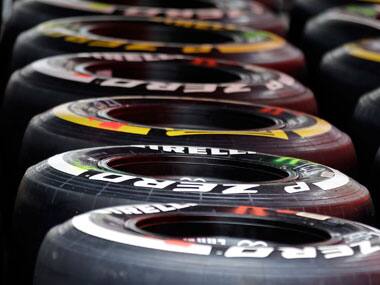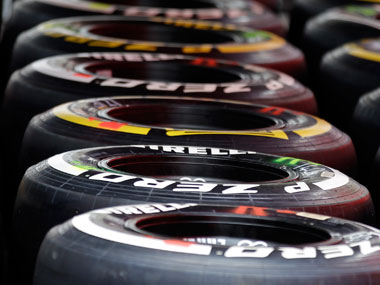Do we look at the Apollo Tyres’ $2.5 billion acquisition of Cooper Tire as another big-ticket acquisition that is likely to come a cropper?
Given the unpleasant outcome of various such acquisitions that happened earlier, it is only natural for people to see the deal in this light.
But when a company with $800 million market capitalisation makes a $2.5 billion acquisition, it is not all that bad with the economy. However, analysts are divided on how the deal will play out for Apollo Tyres.
Here are a few points to ponder culled from various media reports.
- Apollo Tyres gets access to the US and Chinese markets as Cooper Tire gets 70 percent revenue from the US and 22 percent from China. This complements Apollo Tyres, as it gets 65 percent revenue from India, 20-30 percent from Europe and the balance from Africa, a Times of India report said.
The economies of scale in procurements and cost cuts will help the combined entity save $80-120 million, the report said. All in all, Apollo expects the acquisition to be revenue accretive from the first year itself.
Cooper Tire is profitable and has a cash reserve of $270 million, according to a report in the Mint.
- Integration is key to the success of the deal, the ToI report said. In an interview to the newspaper, Apollo’s Neeraj Kanwar has said the process will be aimed at realising value creation benefits.
Impact Shorts
More Shorts[caption id=“attachment_868013” align=“alignleft” width=“380”] Representative Image. Reuters[/caption]
Representative Image. Reuters[/caption]
- The key negative factor is the debt that the company is taking over. An Economic Times report quotes analysts as saying that they expect stress on Apollo’s revenue from the debt and interest burden. In an interview to Times of India, Neeraj Kanwar of Apollo has said that the $2.5 billion will be funded through dollar bonds and asset based loans (ABL). As much as $1.9 billion will be raised through 7 year bonds, $200 million via ABLs, and $450 million will be serviced from India cash flows, he said. The debt equity ratio will rise to 1.9 from the present 1.1, he said adding it will even out and come with the comfortable 1.1 range.
Cooper has been valued at a middle-of-the-range EBITDA mulitple of 4.4, Neeraj told ToI.
The ET report said the 40 percent premium paid for Cooper shares is a shocker for a section of the analysts.
- A risk analysts see to the deal is a downtrend in the tyre segment. This is because, as per the ET report the deal has happened at a time when Cooper is enjoying peak EBITDA margins. If and when a downtrend sets in, this will turn negative, the report said.
)